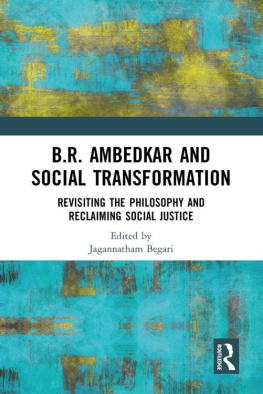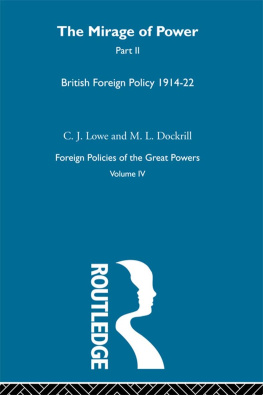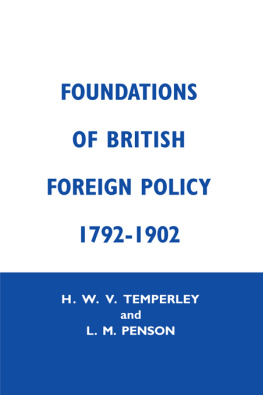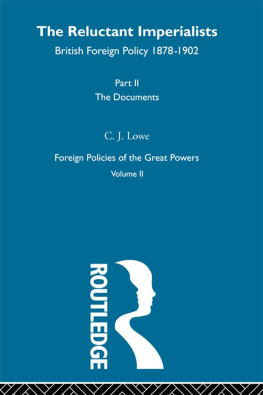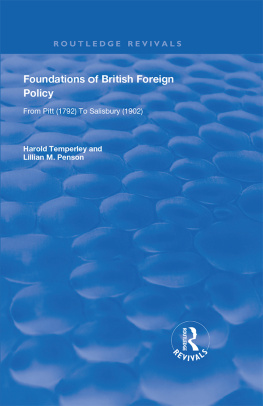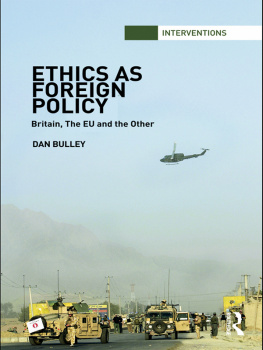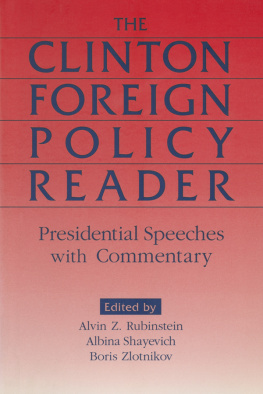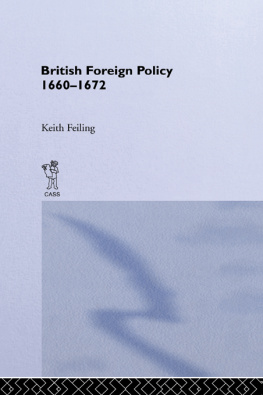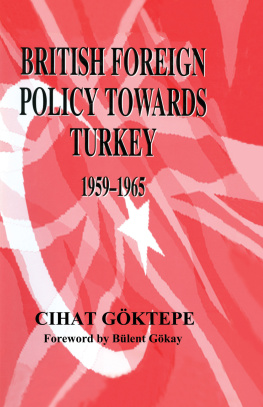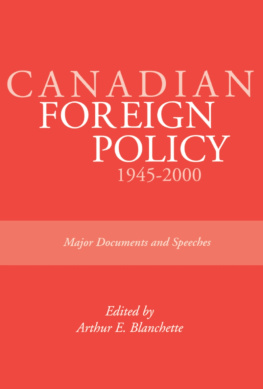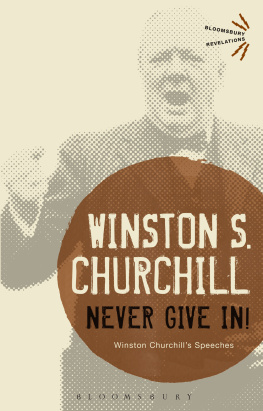Unknown - Selected Speeches on British Foreign Policy 1738-1914
Here you can read online Unknown - Selected Speeches on British Foreign Policy 1738-1914 full text of the book (entire story) in english for free. Download pdf and epub, get meaning, cover and reviews about this ebook. year: 2014, publisher: CreateSpace Independent Publishing Platform, genre: Science. Description of the work, (preface) as well as reviews are available. Best literature library LitArk.com created for fans of good reading and offers a wide selection of genres:
Romance novel
Science fiction
Adventure
Detective
Science
History
Home and family
Prose
Art
Politics
Computer
Non-fiction
Religion
Business
Children
Humor
Choose a favorite category and find really read worthwhile books. Enjoy immersion in the world of imagination, feel the emotions of the characters or learn something new for yourself, make an fascinating discovery.

Selected Speeches on British Foreign Policy 1738-1914: summary, description and annotation
We offer to read an annotation, description, summary or preface (depends on what the author of the book "Selected Speeches on British Foreign Policy 1738-1914" wrote himself). If you haven't found the necessary information about the book — write in the comments, we will try to find it.
Unknown: author's other books
Who wrote Selected Speeches on British Foreign Policy 1738-1914? Find out the surname, the name of the author of the book and a list of all author's works by series.
Selected Speeches on British Foreign Policy 1738-1914 — read online for free the complete book (whole text) full work
Below is the text of the book, divided by pages. System saving the place of the last page read, allows you to conveniently read the book "Selected Speeches on British Foreign Policy 1738-1914" online for free, without having to search again every time where you left off. Put a bookmark, and you can go to the page where you finished reading at any time.
Font size:
Interval:
Bookmark:

The Convention with Spain (House of Lords,
March 8, 1738)
The Defence of Weaker States (House of Lords,
January 22, 1770)
The Partition of Poland (House of Commons,
April 25, 1793)
The Prussian Subsidy (House of Commons,
February 5, 1795)
Grant to the Emperor of Germany (House of Commons,
February 17, 1800)
Overtures of Peace with France (House of Commons,
February 3, 1800)
Negotiations Relative to Spain (House of Commons,
April 30, 1823)
PortugalDon Miguel (House of Commons,
June 1, 1828)
Belgium (House of Commons, July 16, 1832)
Russian Dutch Loan (House of Commons,
July 20, 1832)
The Annexation of Cracow (House of Commons,
March 4, 1847)
The Polish Question (House of Commons,
March 1, 1848)
Italian Affairs (House of Lords, July 20, 1849)
Denmark and Germany (House of Lords,
June 27, 1864)
Austria and Prussia (House of Commons,
July 20, 1866)
Principles of Foreign Policy (Birmingham,
October 29, 1858)
The Neutrality of Belgium (House of Commons,
August 8 and 10, 1870)
[By kind permission of Mr. H.N. Gladstone and
Messrs. Wyman & Sons, Ltd.]
Right Principles of Foreign Policy (West Calder,
Midlothian, November 27, 1879)
The Aggrandizement of Russia (West Calder,
Midlothian, April 2, 1880)
[By kind permission of Mr. H.N. Gladstone.]
Denmark and Germany (House of Commons,
July 4, 1864)
Treaty of Berlin (House of Lords, July 18, 1878)
[By kind permission of Messrs. Longmans, Green & Co.]
Negotiations (House of Commons, August 3, 1914)
[By kind permission of Sir Edward Grey and Messrs.
Wyman & Sons, Ltd.]
Infamous Proposals (House of Commons,
August 6, 1914)
[By kind permission of Mr. Asquith and Messrs.
Wyman & Sons, Ltd.]
International Honour (Queen's Hall, London,
September 19, 1914)
[By kind permission of Mr. Lloyd George and Messrs.
Methuen & Co., Ltd.]
Font size:
Interval:
Bookmark:
Similar books «Selected Speeches on British Foreign Policy 1738-1914»
Look at similar books to Selected Speeches on British Foreign Policy 1738-1914. We have selected literature similar in name and meaning in the hope of providing readers with more options to find new, interesting, not yet read works.
Discussion, reviews of the book Selected Speeches on British Foreign Policy 1738-1914 and just readers' own opinions. Leave your comments, write what you think about the work, its meaning or the main characters. Specify what exactly you liked and what you didn't like, and why you think so.





